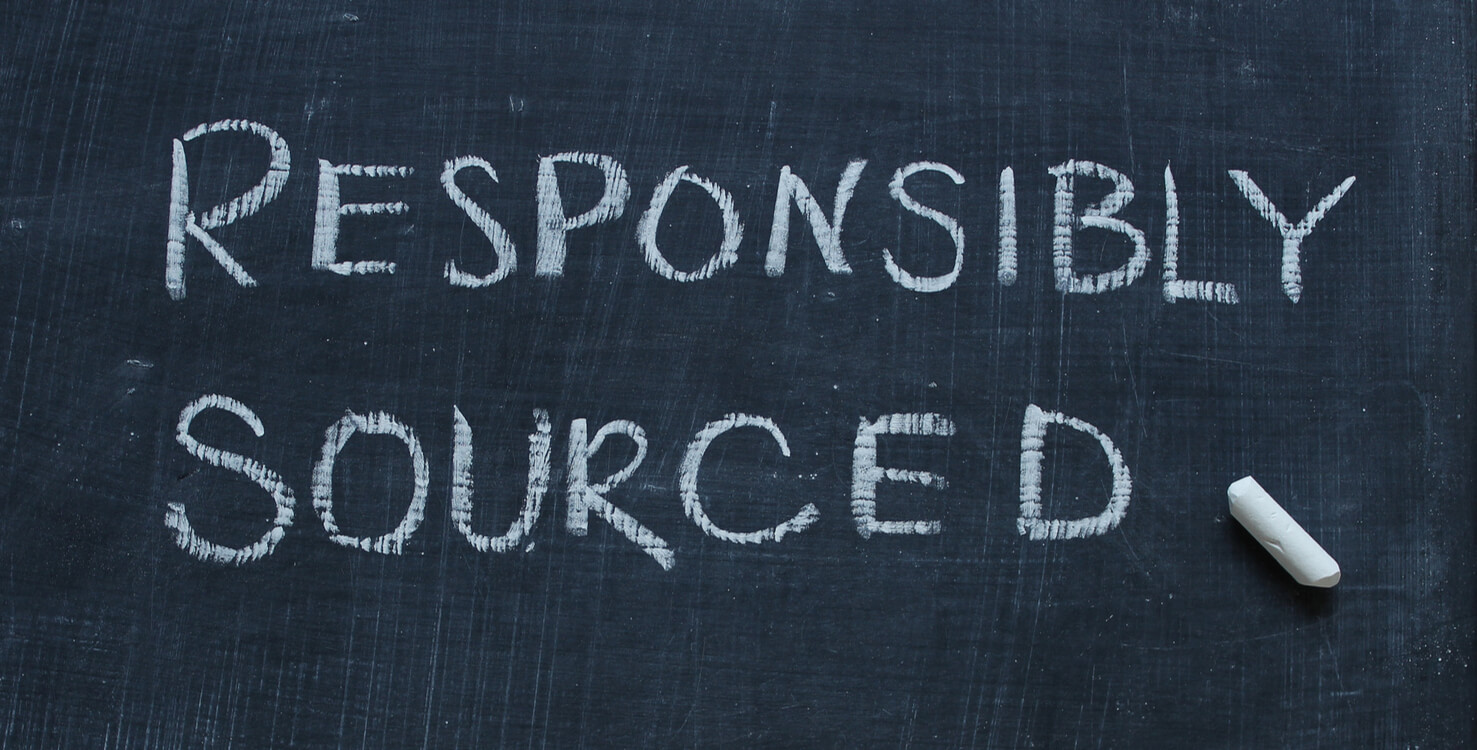If you visit Domtar.com and navigate to the “How We Work” section, you can learn a lot about the values that Domtar believes in and what we choose to stand for. The very first paragraph at the top of the “Sustainability at Domtar” section states that “At Domtar, our investment in sustainability is rooted in responsibility, efficiency and engagement.” Responsibility is threaded the core of everything that we do, including responsibly sourcing our paper. We believe that Domtar’s future is rooted in the forest, but what does that look like in practice?
Collaboration
One of the key components of sustainable sourcing is collaboration. For our sourcing to be sustainable, we need cooperation through the entire process. No one person, company or industry can effect change, but together we can succeed. Our collaborative efforts start at our roots—we give back before receiving. Domtar is strongly committed to the local communities in which we operate, including the locations where our mills are based and the cities that host our offices, and since 2012, we’ve donated more than $6 million dollars to various philanthropic organizations, focusing primarily on literacy, health & wellness and sustainability. Domtar also maintains respectful, collaborative working relationships with aboriginal communities in areas where we share public land. Doing so helps ensure the benefits of our operations remain in these communities and the long-term future of the communities that we work with helps make our actions sustainable. We collaborate with others to conserve forests for future generations, to protect the biodiversity of natural forest ecosystems and to promote sustainable management practices that minimize environmental impacts.
Taking Action
While promises and commitments are important, that actions that follow are even more so. Where we source our wood from is crucial, which is why we only source wood products that have been certified by third party sustainability standards and avoid those from High Conservation Value Forests . Domtar works closely with leading environmental groups and corporate partners to empower landowners to be sustainable forest managers by providing the necessary resources, expertise and tools because our goal is to empower landowners to keep forests as forests and safeguard endangered forests & wildlife.
We also make efforts to educate those around us on how we operate and how they can join the cause, through mediums like this blog. We’ve covered topics like the Circular Economy, how to choose an environmentally responsible office paper and others in our Sustainability 101 series. Through education and practice, we make sure that sustainable sourcing will continue and spread beyond Domtar and throughout our industry.
Transparency
Finally, the best way to ensure sustainable sourcing is through accountability. By being transparent, we ensure that we’re held accountable by our stakeholders, our peers and others invested in the future of our Earth. As a manufacturer of wood fiber-based products, Domtar is committed to the long-term sustainability of North American forests. We source wood responsibly, using the highest certification standards. We collaborate with leading environmental groups to improve our performance and help generate funding for conservation programs around the world and we make our works available on our website. We are especially proud of our work with small landowners, like Donna Janssen, to expand the use of sustainable forestry practices. We believe that the choices we make should leave the forests that we depend on, and the communities we’re a part of, better off for the long term and our Sustainable Forestry Principles help make this belief a reality. Domtar’s Sustainable Forestry Principles govern our fiber procurement by requiring transparency, collaboration and accountability in all of our transactions
For more on our practices, download our Sustainable Forestry Principles sheet or listen to our Partners in Sustainability Series.



Discussion